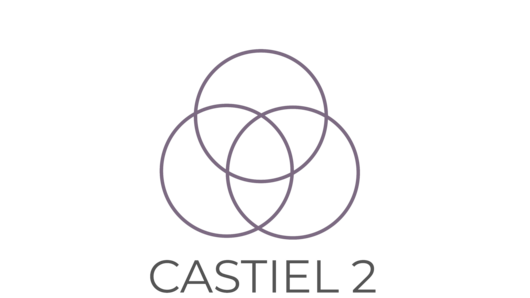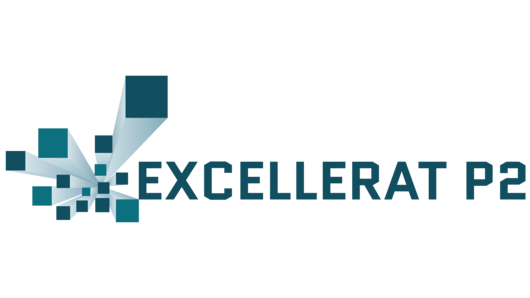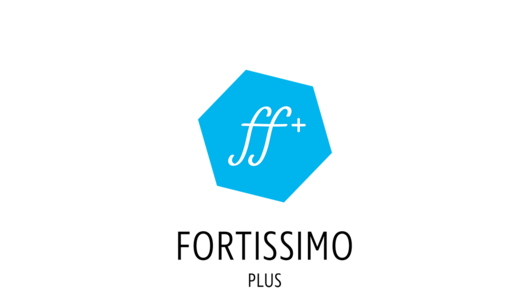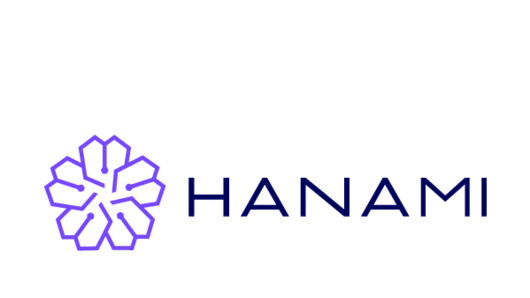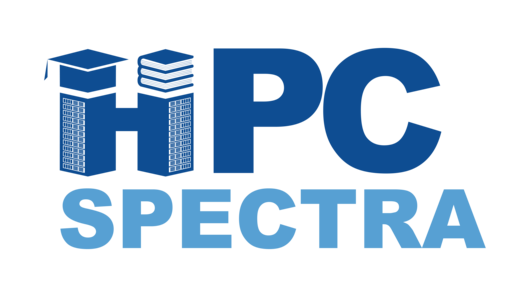High-Performance Computing Center Stuttgart
The Project Controlling and Management Office is responsible for the controlling and quality assurance of current research projects at HLRS or with HLRS as a beneficiary, and the management of large-scale third-party funded projects, including coordination and business development tasks. The PCMO also offers coordinative assistance at the proposal planning and writing stage and acts as a supporting and coordinating entity between the HLRS management, the department heads and the HLRS-administration in project-related matters.
